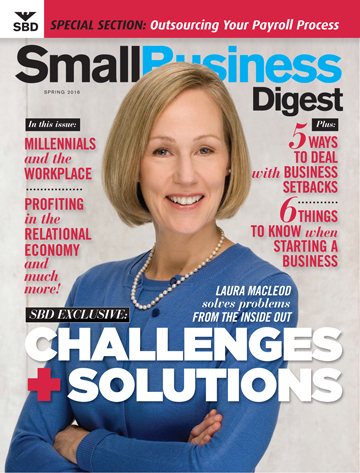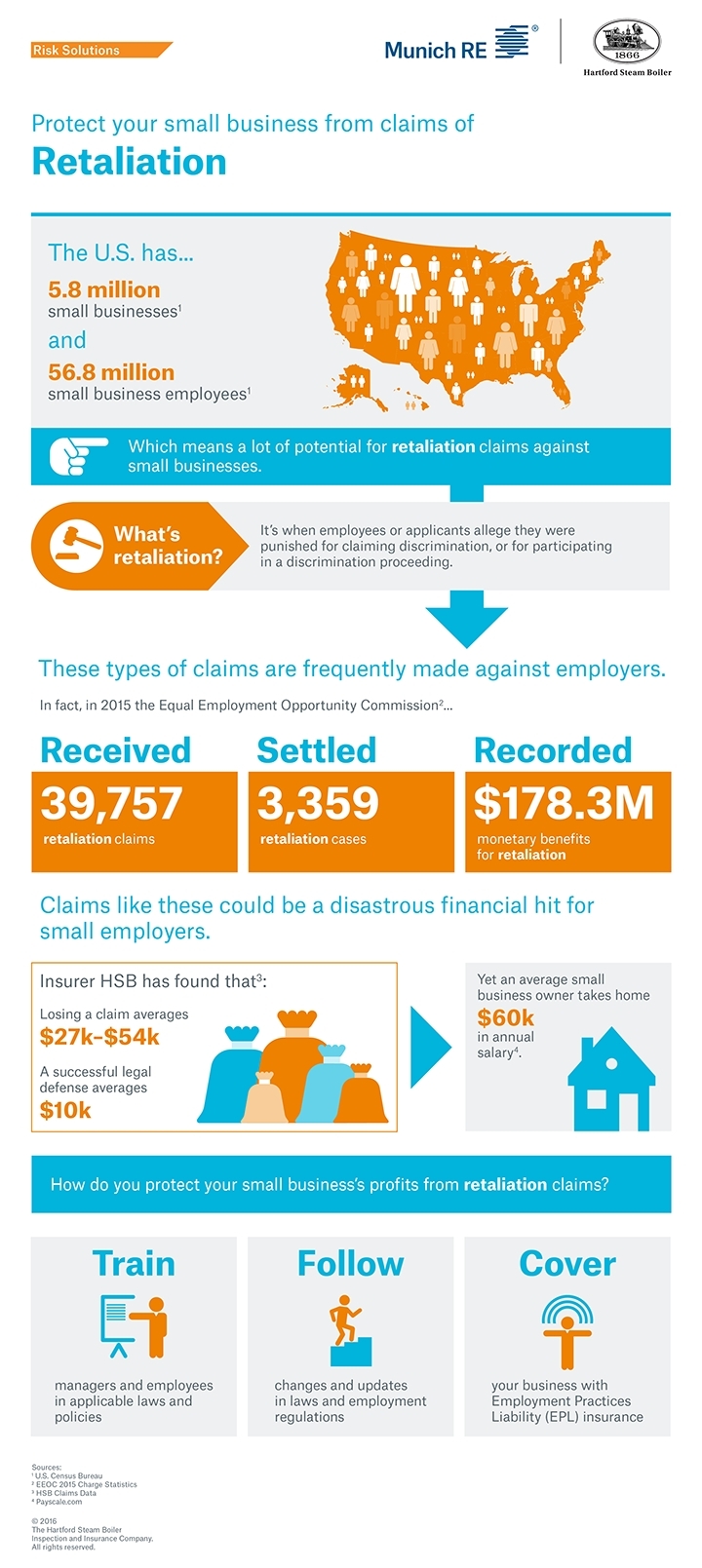Don’t Fear The Cloud—Learn How To Use It Securely
Small businesses are leading the charge in cloud adoption lately, which should come as no surprise.
Services like Dropbox provide seamless collaboration and the ability to sync company files to mobile devices.
This easing of restrictions to working on the go is encouraging small businesses to take advantage of the benefits offered.
With cloud applications offering big conveniences there comes big risks.
Many industries are slow to jump on the bandwagon for fear of hackers and data breaches.
After all, if client information or company secrets are being stored off the premises in an intangible ether, they could be vulnerable to malicious attacks.
This is the fear of many small business leaders being made aware of breaches almost every week.
According to Asaf Cidon, founder and CEO of cloud security company Sookasa, the cloud doesn’t have to be so tricky or unsafe.
He adds, "it’s often safer than firewalls and other legacy systems, which don’t offer the latest security protections, and they’re so hard to use they lead employees to find unauthorized workarounds."
“The cloud is quickly becoming inevitable in the business world as people more heavily rely on it in their personal lives,” Cidon says. “The smartest thing you can do to stay a step ahead is to embrace it, taking the necessary precautions to guarantee the security of your company and of your clients in the cloud.”
Encrypting files before they ever reach the cloud is the single most important precaution to take when running a business. This keeps files—whether they’re client profiles, social security numbers, patented designs, or the like—encrypted wherever they reside, meaning that they can be shared among people and synced to devices without losing their protection. Only the creator of the files and any users he or she authorizes have access to the decrypted content.
With data breaches on the rise, it’s more important now than ever to make sure company files are consistently kept safe.
And it’s important to sanction cloud usage. According to a recent Frost & Sullivan report, nearly half of all Dropbox deployments are done without an employer’s consent (or knowledge), meaning that employees are using the cloud for work purposes without any oversight at all. And who can blame them, when the cloud boosts productivity and makes sharing information with clients, working from home, and collaborating with colleagues seamless.
“But if an employee accidentally shares a confidential, work-related folder with an unauthorized party, misaddresses an email, or loses his laptop at an airport, those files can very easily fall into the wrong hands,” Cidon says.
Studies by the Ponemon Institute frequently cite employee negligence as one of the major causes of data breaches, so it’s crucial to keep all files in the cloud secure, because human error is inevitable. But if an encrypted file reaches an unauthorized person, it simply won’t be retrievable by him or her—meaning there will be no financial, legal, or reputational damage to the company either.
In addition to encrypting files before they reach the cloud, Cidon offers a few other tips for ensuring the utmost security when using the cloud for storage, syncing, and sharing:
- Grant access to company and client information on a need-to-know basis.
- Revoke access to employees who depart the company or leave a project.
- Read the fine print from your encryption provider to make sure files will stay secure when synced across devices, because it’s all too common to find files are only protected on servers or in transit.
- Practice good security hygiene by separating the company’s content from the keys. In other words, make sure that neither the cloud provider nor the encryption service can decrypt your files.
“Cloud security should be at the front of everyone’s minds,” Cidon says. “The cloud is secure—as long as you’re taking all the right steps to make it so.”
Asaf Cidonis CEO and co-founder of Sookasa,a cloud security and encryption company that enables safe adoption of popular cloud services such as Dropbox to store sensitive information. Visit sookasa.com.




